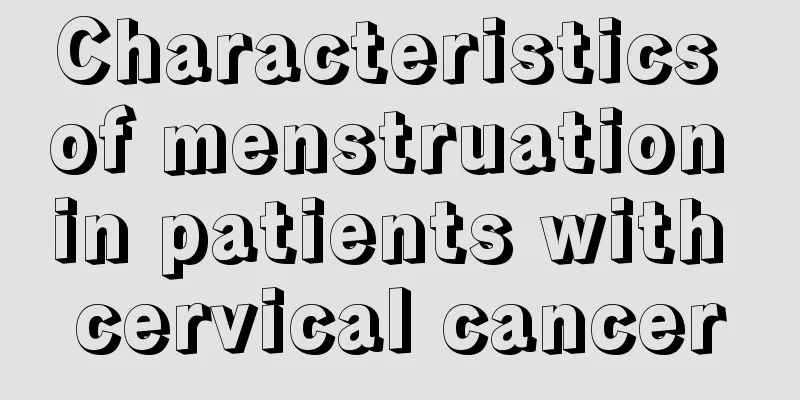Can FH gene-deficient renal cancer be cured?

|
The treatment of FH gene-deficient renal cancer requires a personalized plan based on the patient's specific situation. Early detection and comprehensive treatment can improve the cure rate. Treatment methods include surgical resection, targeted therapy, and immunotherapy, combined with genetic counseling and regular follow-up. 1. Surgical resection is the main treatment for FH gene-deficient renal cancer, especially for early-stage patients. Radical nephrectomy is a common choice, which completely removes the tumor and surrounding tissue to reduce the risk of recurrence. For some patients, nephron-preserving surgery can also be considered to protect renal function. 2. Targeted therapy plays an important role in FH gene-deficient renal cancer. Inhibitors of vascular endothelial growth factor (VEGF), such as sunitinib, sorafenib, and pazopanib, can inhibit tumor angiogenesis and delay disease progression. These drugs are usually used for patients with advanced or metastatic disease. 3. Immunotherapy has become an important treatment option for FH gene-deficient renal cancer by activating the patient's own immune system to fight tumors. PD-1 inhibitors such as nivolumab and pembrolizumab, and CTLA-4 inhibitors such as ipilimumab can significantly improve patients' survival and quality of life. 4. Genetic counseling is essential for patients with FH gene deletion type renal cancer and their families. Since the disease is related to hereditary leiomyomatosis and renal cell carcinoma syndrome HLRCC, it is recommended that patients undergo genetic testing and their families be screened for early detection and intervention. 5. Regular follow-up is the key to ensuring treatment effectiveness and timely detection of recurrence. Patients should undergo imaging examinations such as CT or MRI, as well as blood and urine tests every 3-6 months to monitor tumor markers and changes in renal function. The treatment of FH gene-deficient renal cancer requires multidisciplinary collaboration, combining surgery, targeted therapy, immunotherapy and genetic counseling, while focusing on regular follow-up and lifestyle adjustments to improve the cure rate and quality of life of patients. Patients should actively cooperate with doctors in treatment, maintain an optimistic attitude, and strive for the best prognosis. |
<<: Is hematospermia the main symptom of prostate cancer?
>>: What is nasal bone osteoma
Recommend
Too fast an infusion rate will result in
We should be familiar with intravenous infusion, ...
The most common symptoms of laryngeal cancer that occur in life
Among cancer diseases, laryngeal cancer is one of...
How to get rid of scars from mosquito bites
Many friends will find a problem when summer is a...
The big toe is swollen and painful for no reason
Severe big toe pain can interfere with daily life...
What is the reason for white spots on fingernails
White spots on the fingernails may be caused by f...
What to do if you have dry skin?
When the weather is cold, people's skin start...
Teach you to wake up early and look in the mirror to discover hidden health information
In today's busy society, many people are in a...
What are the effects and functions of Daqing leaves?
Indigofera leaf is a relatively common plant Chin...
What are the drugs for treating small cell lung cancer
What drugs are used to treat small cell lung canc...
What nutrients do fresh walnuts have?
The walnuts we often eat in our lives are also ve...
What is buried thread rhinoplasty
Nowadays, technology is more advanced, and many c...
How to dice carrots
Carrot is a vegetable we often eat. We often cut ...
How to treat lip ulcers?
Many people often suffer from oral ulcers, and ma...
What does it mean when spots appear on each part of the face
Many people don’t pay much attention to it. In fa...
Can brain cancer cause nose bleeding?
Generally speaking, some brain tumor patients wil...









